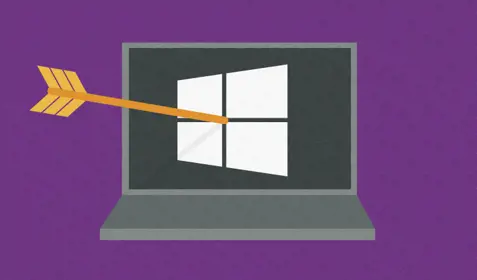As organizations migrate from older versions of Microsoft Office to Office 365, it’s essential that they add data protection and backup capabilities. The data protection functionality native to Office 365 is limited and cannot provide the certainty that important files and data won’t be lost. Organizations need full protection against either accidental or malicious deletion of files. In addition, the use of Microsoft OneDrive, while it adds some protection, exacerbates the problem of data loss, since deletions and files infected with ransomware are replicated to the cloud.
This isn’t a knock against Office 365 or any of its components. It’s simply a recognition that, for organizations using Office 365, the platform will contain a large amount of critical business data, and therefore a comprehensive data backup and protection solution is required. Further, there are specific capabilities that a best-in-class solution must deliver.
First, the solution must back up the data from all apps and services in Office 365, not just some of them. Collaborative apps such as SharePoint, Teams, and Planner are increasing in use, but because their files aren’t “owned” by one user the way more traditional Excel and Word files are, they may not be backed up or protected by some solutions. And because these collaborative files have multiple users, they change constantly, making centralized and constant backup necessary.
Auto-Discovery and other mandatory features
Auto-discovery is another mandatory feature. IT cannot depend on employees to drive the backup and protection process, and IT itself is unlikely to have the time or resources necessary to keep up with changed files that need to be backed up, especially when teams are using the collaborative applications Planner, Teams, and SharePoint. Auto-discovery eliminates many account admin tasks, or the need to implement backup policies in a repetitive manner.
Another issue that plagues compliance regimes, and which is not addressed by Office 365, is the ability to wipe lost or stolen devices quickly. Wiping such devices is a necessary part of cyber-security. In addition, wiping data may prevent a compliance event, if personal or protected data is stored on the device.
Remember too that Office 365 is a cloud solution, and the data protection/backup solution should also be a cloud service. A cloud solution simplifies many aspects of backing up Office 365. Eliminating the management of backup infrastructure is the most obvious. And the ability to scale on demand in the cloud is very important, since data growth in Office 365 can be substantial, particularly as increasing numbers of employees cycle away from using client-based versions of Office.
Carbonite Endpoint 360 protects all data on the device
Carbonite Endpoint 360 provides all these capabilities and many more. Perhaps most importantly, it delivers comprehensive backup for all data on the device, not just Office 365 files. Endpoint 360 provides full data protection, no matter where the data resides. IT can also now easily “wipe” lost or stolen laptops or tablets, providing an extra layer.
With auto-discovery and its Backup for Office 365 feature, Endpoint 360 provides employees with the protection they need for their laptops, tablets, and smart phones while giving IT an easy-to-manage platform.
Do you need comprehensive endpoint protection? Talk to us to learn more.










